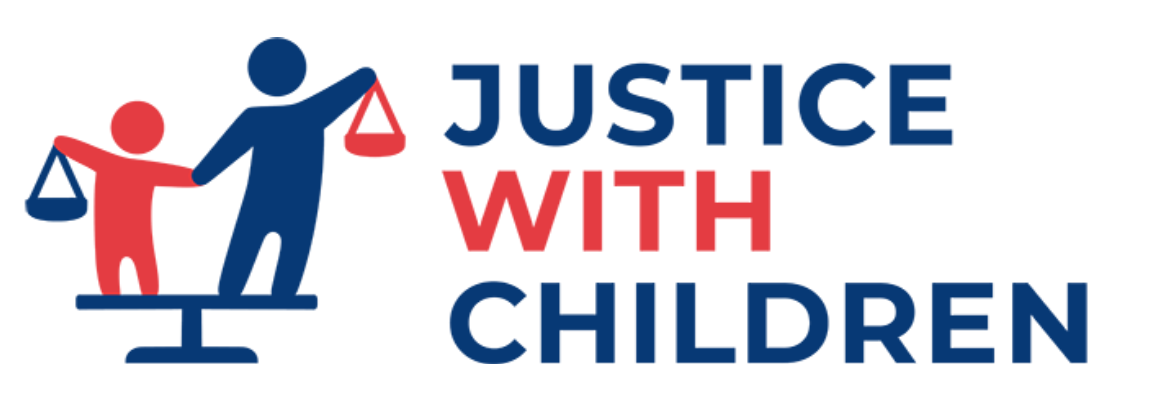- Log in to post comments
This reports analyzes the role that customary justice can play to improve access to justice for children. Nowadays in developing countries, more than 80% of disputes are resolved within the framework of customary and informal justice systems. Data highlights that informal justice systems are more accessible to disadvantaged populations and provide quick, relevant, culturally-accepted and cheap solutions. However, informal justice and customary law have some weaknesses. It is generally unwritten and therefore there is a lack of clarity and homogeneity of application. Moreover, customary justice systems have often been linked to abuse of power, a lack of accountability and non-compliance with international human rights standards. Therefore, considering the gap in access to justice and the primary role that informal justice systems play, particularly in developing countries, this paper suggests that reform strategies must be carried out to integrate informal structures within formal justice systems and, at the same time, encourage appropriate reforms. This is considered pivotal to increase access to justice and overcome informal justice’s weaknesses.


